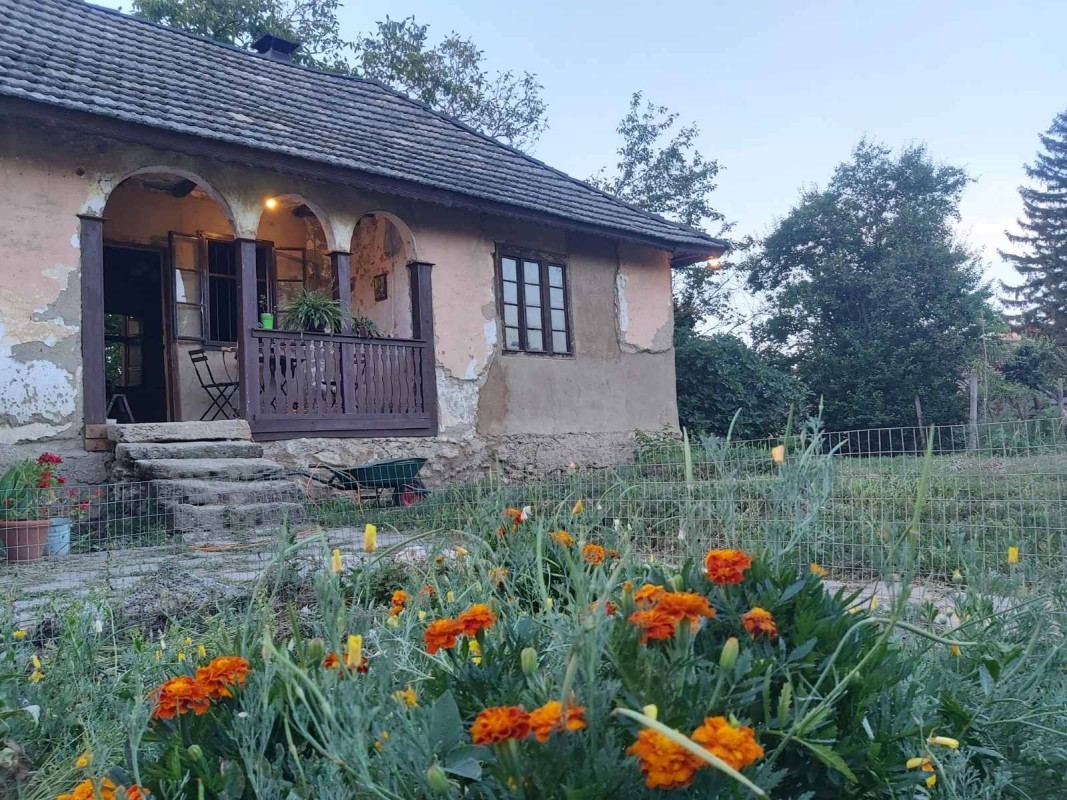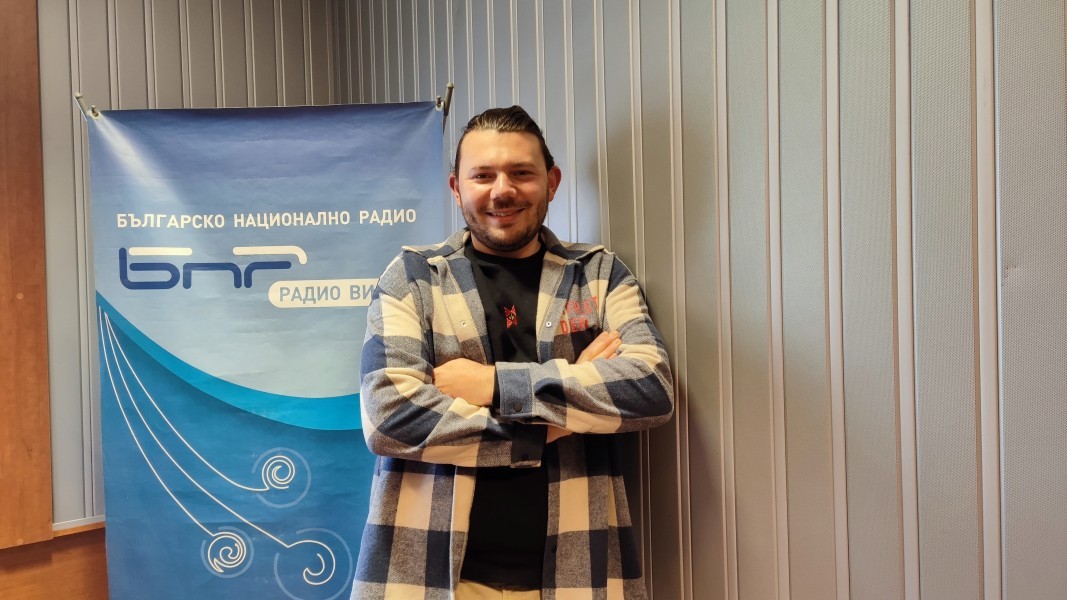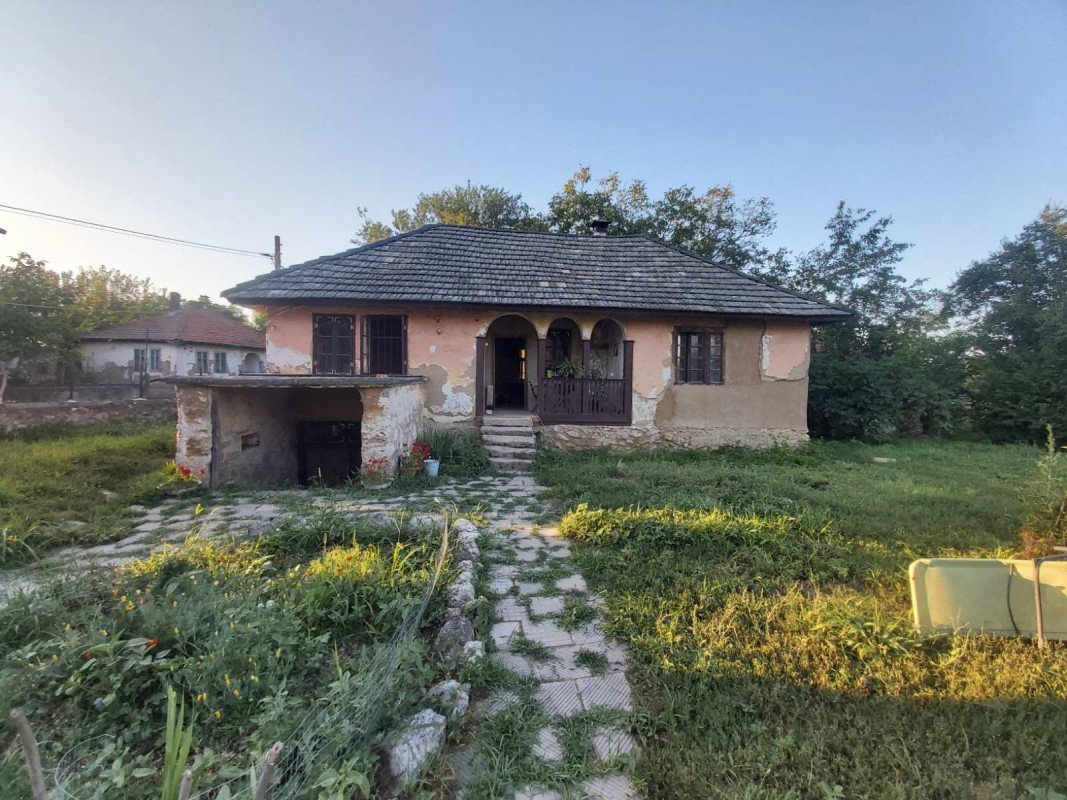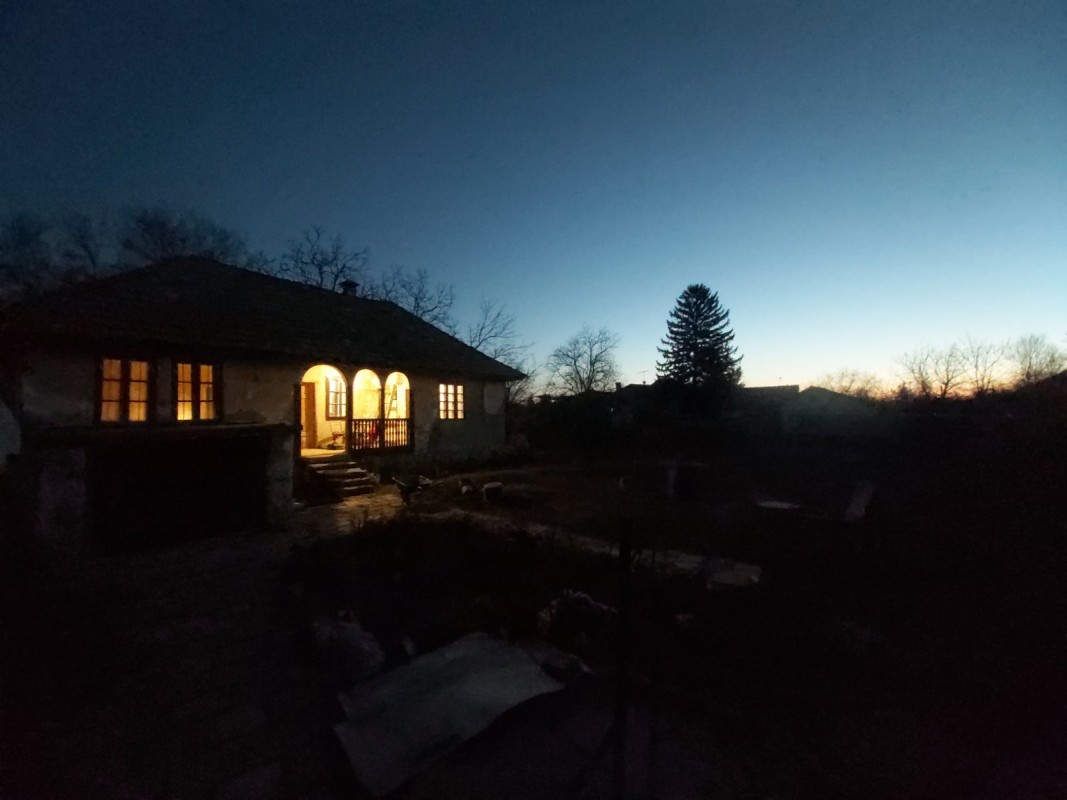5,257 is the number of towns and villages in Bulgaria, National Statistical Institute data from 2021 show. Almost 5,000 of them are small settlements, but statistical data show that one village in the country “dies” every year after its last inhabitant has left. At the moment there are almost 600 villages at risk of “going extinct” with between one and five people still living in them.
Young architect from Sofia Rumen Dzhagarov has decided to set an example of how this can be changed. In the midst of the pandemic and wanting to restore the dilapidated house that once belonged to his grandfather, he returned to his ancestral home in Novo Selo village in Northwestern Bulgaria. Until 2021, Novo Selo was, for Rumen Dzhagarov, a place to go for walks – or to take a trip down memory lane. Yet now it is the place he associates with advancing his career and making his boldest dreams come true.
Rumen Dzhagarov, who graduated History and Theory of Architecture at the University of Architecture, Civil Engineering and Geodesy in Sofia, is now working on the first “post-graduate project” of his life – authentically restoring a house which is more than 100 old. 
“My house is still in the process of being restored, but the idea is to use as many building crafts and techniques as possible, as well as natural materials so it can be preserved as it stood originally,” the young architect explains in an interview for the BNR’s culture channel Hritso Botev. “To reach the required standard that would make this house livable in the 21st century, I am counting most of all on organization and planning and less on the use of modern materials – and only in more specific rooms like the bathroom for example. Because back in the day there was no bathroom, no wet rooms, but now you can’t do without them and you have to have showers, WCs and washing machines inside the house. I may have had big problems in the process of construction, and through the long winters when the people left in the village are few and far between, but it has never even crossed my mind to drop everything, pack my stuff and go back to the city.”
Returning to the village is a dream come true for the young architect from Sofia, a demonstration that living a rustic life in our day is possible, and that it can bring a sense of self-fulfillment and completeness.
“We should be protesting against the demographic crisis and the depopulation, especially of the border villages in Bulgaria. Novo Selo is a very big village, and if you are standing in the village centre, you would think it was a small town. Everything is well organized here, we have streets that are paved, a clock tower, a village hall, a post office, administrative buildings. But when I feel I need to take a break it is very easy to reach the fields.”
The future is, for Rumen Dzhagarov, a future that is more serene and closer to nature. But in a village, you can still have all the conveniences an urban environment has to offer, architect Rumen Dzhagarov says.
Interview by Svetla Todorova, Hristo Botev channel, BNR
Compiled by Gergana Mancheva
Photos courtesy of Rumen Dzhagarov, BNR-Vidin
The 33rd Bulgarian polar expedition is heading to Antarctica to continue its scientific research in cooperation with scientists from different countries. For the first time, travelers from two Balkan countries - Greece and Montenegro, as well as from..
The program of the Orthodox Book Week offers meetings with authors, publishers and translators of Orthodox books from the last few years. The event is held until November 10 at the ''St. Procopius of Varna'' Church, with meetings taking place every..
The "Kabiyuk" horse breeding farm in the village of Konyovets is the oldest stud farm in Bulgaria, founded in 1864 by Midhat Pasha, the governor of the vilayet of Ruse, to produce horses for the Turkish army. The farm existed until the Russo-Turkish War..
Over 3.5 million Ukrainians have arrived in or passed through Bulgaria since the beginning of the war. Nearly 200,000 people have found temporary..
At the Bulgarian Embassy in London, Prof. Bettany Hughes presented excerpts from the new BBC series - Wonders of Bulgaria. Prof. Bettany..
An innovation for the treatment of diabetic foot ulcer using the patient's own tissue and artificial intelligence has been implemented at the University..

+359 2 9336 661
